Freelance Business Insurance: Protect Your Livelihood
We will search the top carriers for you for the best offer.

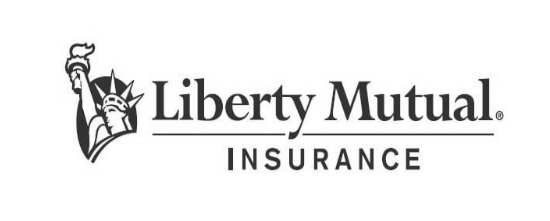

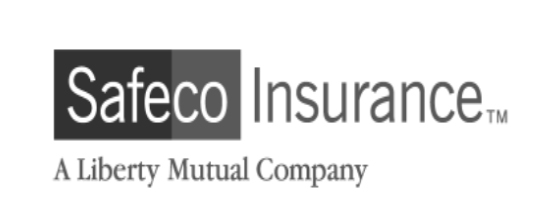
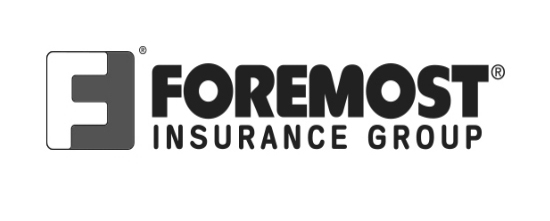
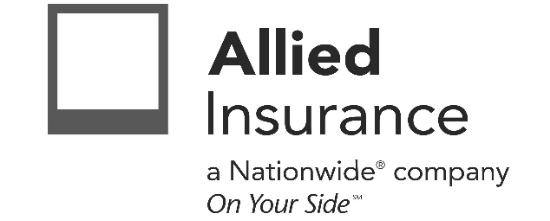
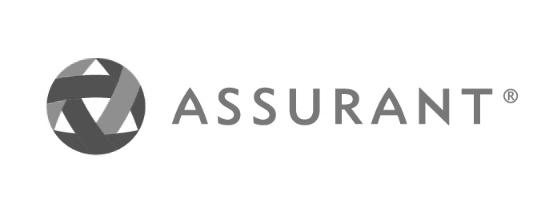
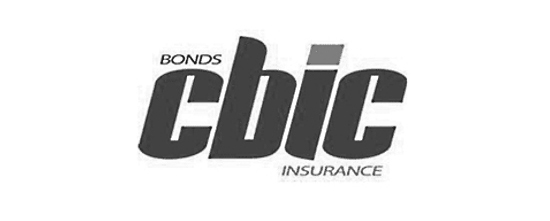
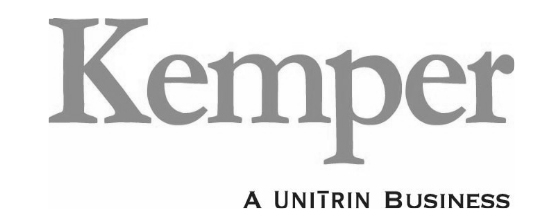
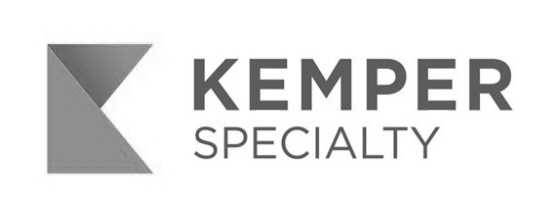
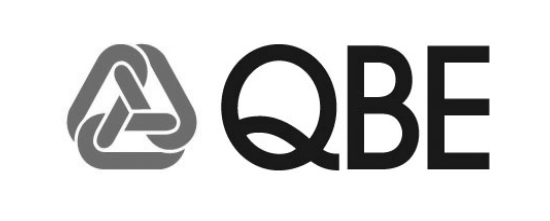
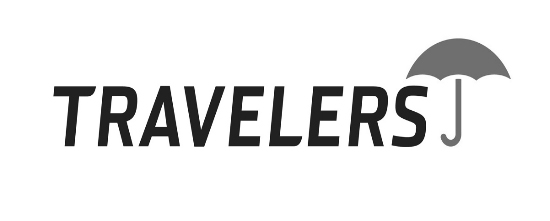
Freelance Business Insurance
Running a freelance business gives you independence—but also exposes you to risks. Freelance business insurance helps protect your income, reputation, equipment and clients from unexpected events. Understanding the types of insurance, when you need them and how to choose the right coverage is essential.
🟩 Quick Definition
Freelance business insurance refers to a tailored mix of policies that protect independent professionals from liability, equipment loss, cyber-risks and other business-related threats.
Why Freelancers Should Consider Insurance
Even solo professionals can face lawsuits, equipment theft/damage or data breaches. A single claim can jeopardize your business, savings or contracts.
Many clients require a freelancer to show proof of insurance before awarding work—especially larger corporate clients.
Your personal insurance (home, renters, auto) may not cover business-related risks, so business-specific insurance fills the gap.
Having insurance provides credibility and can help you win contracts, protect your assets and focus on delivering work rather than worrying about worst-case scenarios.
Key Types of Insurance for Freelancers
Depending on your services and risk profile, consider these coverages:
General Liability Insurance: Covers third-party claims of bodily injury, property damage or advertising injury you cause during business operations.
Professional Liability Insurance (Errors & Omissions / E&O / Professional Indemnity): Covers claims that your advice, service or deliverable caused a client a loss—especially important for consultants, designers, developers.
Equipment / Commercial Property Insurance: Covers your business tools, laptops, cameras, inventory, even home-office equipment against theft, damage or loss.
Cyber Liability Insurance: Protects against data breaches, hacking, ransomware, client data loss—especially if you handle sensitive information or operate online.
Business Owner’s Policy (BOP): A bundle combining general liability and property cover (and sometimes more) at a lower premium—useful for freelancers with moderate assets.
Other Specialty Covers: Depending on your work: commercial auto (if driving for business tasks), workers’ compensation (if hiring subcontractors/employees in certain states), product liability (if you sell goods).
How to Choose the Right Coverage
Identify your risks: What services you provide, where you work (on-site vs remote), what equipment you use, whether you handle client data.
Check client contract requirements: Many contracts will demand minimum insurance limits or specific coverage types.
Select appropriate coverage limits and deductibles: Higher limits = more protection but higher premiums; consider your worst-case loss scenario.
Consider your budget: For many freelancers, general liability can cost under $50/month; professional liability may run $60-$100/month or more depending on services and limits.
Review and update annually: As your business grows, changes services, acquires more equipment or targets larger clients, your insurance needs will evolve.
FAQs
Q1. If I freelance on the side and don’t meet clients in person, do I still need insurance?
Yes—risks still exist (e.g., you advice causes a client financial loss, data breach occurs, equipment is stolen). Insurance provides protection even for remote or digital-only work.
Q2. Can I rely on my home or renters insurance for business equipment?
Not usually. Many personal policies exclude business-use equipment or limit coverage for business property. Business-specific equipment coverage is recommended.
Q3. My client requires I have proof of insurance—how do I get that quickly?
You can purchase a policy online and request a Certificate of Insurance (COI) which your insurer issues to prove coverage to the client.
Q4. Will insurance cover my mistakes or failed deliverables?
General liability covers third-party bodily injury or property damage. But if your mistake or service error causes a client loss, professional liability (E&O) is the relevant cover.
Q5. How much does freelance business insurance cost?
It depends on your profession, location, revenue, risk, coverage type and limits. Many freelancers pay under $50/month for general liability; professional liability might cost $60-$100+/month. Equipment or cyber covers add extra.
Final Thoughts
As a freelancer you’re your own business. Insurance isn’t optional—it’s a strategic investment in your business’s stability, credibility and future. Choose the right mix of coverages, match them to your services and risks, keep your policies up to date, and ensure you are properly protected. A relatively modest premium can save you thousands in damages, reputation loss or client contract setbacks.
Related Posts
Get a Right Insurance For You
SHARE THIS ARTICLE
We will compare quotes from trusted carriers for you and provide you with the best offer.
Protecting your future with us
Whatever your needs, give us a call, have you been told you can’t insure your risk, been turned down, or simply unhappy with your current insurance? Since 1995 we’ve been providing coverage to our customers, and helping people across United States.












